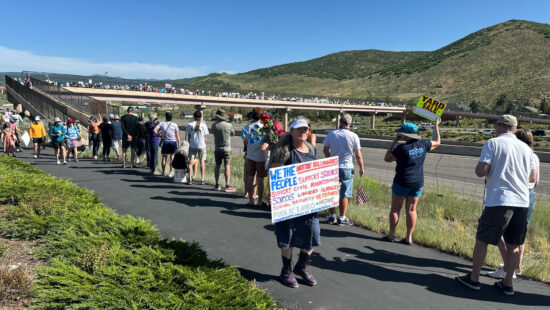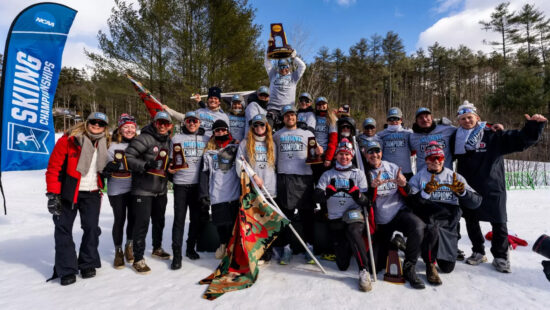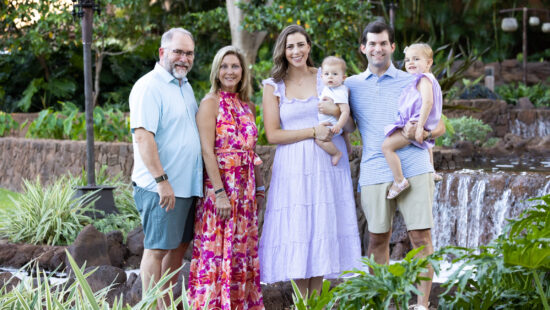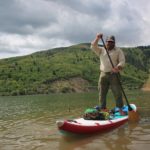Politics
Utah, home of conservative Trump critics, hosts GOP meeting
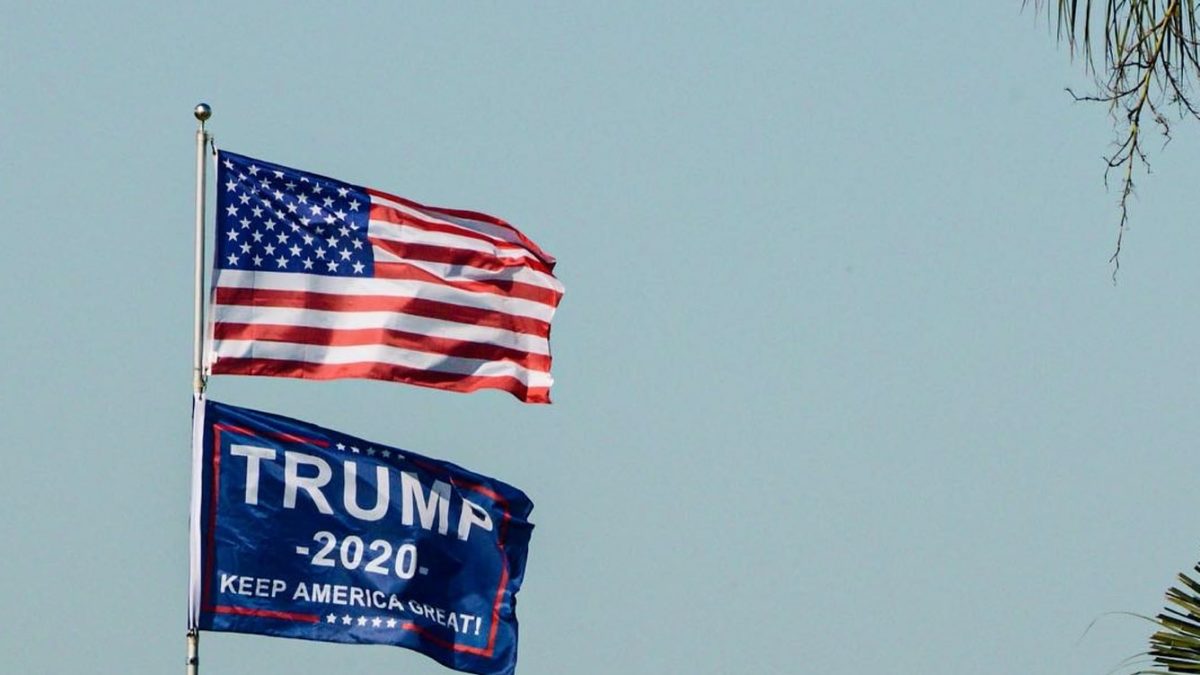
Utah — home to U.S. Sen. Mitt Romney, co-founders of the anti-Trump Lincoln Project and 2016 presidential candidate Evan McMullin — is the backdrop for discussions over issues that are important to Trump, including participation in presidential debates and a resolution censuring the two Republicans on the House committee investigating the Jan. 6 insurrection. Photo: Photo by Dalton Caraway
SALT LAKE CITY — A deep-red state that’s home to some of Donald Trump’s most vocal conservative critics welcomed members of the Republican National Committee on Wednesday for a meeting in which party officials are expected to solidify the former president’s status as the GOP standard-bearer ahead of the midterm elections.
Utah — home to U.S. Sen. Mitt Romney, co-founders of the anti-Trump Lincoln Project and 2016 presidential candidate Evan McMullin — is the backdrop for discussions over issues that are important to Trump, including participation in presidential debates and a resolution censuring the two Republicans on the House committee investigating the Jan. 6 insurrection.
There are few overwhelmingly Republican states where Trump’s demeanor clashes with the political culture like it does in Utah, a conservative bastion that prides itself on maintaining political civility in polarizing times.
The state has mostly bucked leftward political shifts that have swept neighboring Nevada, Colorado and Arizona. Republicans, who control the governor’s mansion and the statehouse, say the state’s low unemployment and rapid economic growth provide a model for the benefits of conservative governance and mannerly political discourse.
“We’ve got something that you’ll hear a lot about: It’s called the Utah way,” said McMullin, who is now running for the U.S. Senate as an independent. “Usually, it has something to do with finding common ground to solve problems. I mean, that’s what has defined our politics.”
In closed-door meetings this week, RNC members on Wednesday discussed a proposal to force candidates seeking the party’s nomination to pledge not to participate in debates run by the Commission on Presidential Debates, which has played a defining role in presidential contests for the last 30 years. The item, rooted in Trump’s longstanding criticisms of the commission, is expected to be voted on by the full membership this summer.
Republicans take issue with the commission’s choice of moderators and with Mike McCurry, a former press secretary for President Bill Clinton, serving as co-chair. He serves alongside Frank Fahrenkopf, a former RNC chair.
“It’s great that the RNC has finally stepped up and said, ‘Enough of this.’ Because the candidates deserve a fair, level playing field,” said Nevada committee member Jim DeGraffenreid.
RNC members are also expected to resume a debate over whether to retain Iowa and New Hampshire as the first two states to vote in the presidential primary calendar, or change the order, as Democrats are mulling. In a Thursday resolutions committee, Republicans may consider a motion to expel GOP Reps. Adam Kinzinger and Liz Cheney from the party for joining the Jan. 6 House committee.
Tim Chambless, a political scientist at the University of Utah, said the state’s unwavering preference for Republicans obscured its independent streak on certain issues, like immigration. Religion influences politics in Utah unlike most states, and, more than a century and a half after members of The Church of Jesus Christ of Latter-day Saints arrived fleeing religious persecution, conservatives here remain staunch defenders of immigrants and refugees, he said.
Polling shows a large share of members of the faith frown upon Trump’s brash style and incendiary rhetoric.
“Folks voted for him in 2020, but not with a lot of love in their heart,” Chambless said.
Trump won Utah convincingly in 2016 and 2020, yet his margin of victory was narrow compared with past Republican presidential candidates.
In 2012, Romney, himself a Latter-day Saint, won Utah by a margin larger than in any other state, with almost triple the number of votes of President Barack Obama. Four years later, Trump won only 46% of the state’s electorate, largely due to McMullin peeling off more than 240,000 voters.
Even after rising as one of Trump’s most vocal opponents, Romney was elected handily as senator in 2018. He later voted twice to impeach Trump; however, a state party effort to censure him last year failed after falling short of majority support from state Republican Party delegates.
Stuart Stevens and Reed Galen, two co-founders of The Lincoln Project, live in Park City. The group was founded in 2019 by current and former Republicans disillusioned with the GOP’s direction under Trump.
But the GOP was Utah’s fastest-growing political party during Trump’s tenure, adding more than 200,000 registered active voters. Trump won hundreds of thousands more votes in 2020 than he did in 2016, expanding his share of the electorate by double digits.
“They were projecting Utah would become more blue, or even turn into a purple state, during the last election. But Utah actually trended the other direction,” said Utah Republican Party Chair Carson Jorgensen, a 32-year-old sheep rancher from rural Sanpete County.
Jorgensen said grassroots conservatives remain steadfastly supportive of Trump. He hopes the winter meeting showcases Salt Lake City as an ideal location for the party’s 2024 convention. The RNC plans to discuss site selection on Thursday and is considering Nashville, Tennessee, Milwaukee and Pittsburgh in addition to Salt Lake City. The 2020 convention was upended by the coronavirus pandemic, with business sessions held in Charlotte, North Carolina, and other events in Washington, D.C., including, controversially, at the White House.
“We are a really good choice for it, for the sheer fact that we’ve been under Republican conservative governance for a long time now,” Jorgensen said, noting Utah’s growing economy and low unemployment rate. “These things don’t happen by accident. I think the RNC is really starting to take note of that, even as states around us are really turning blue.”















